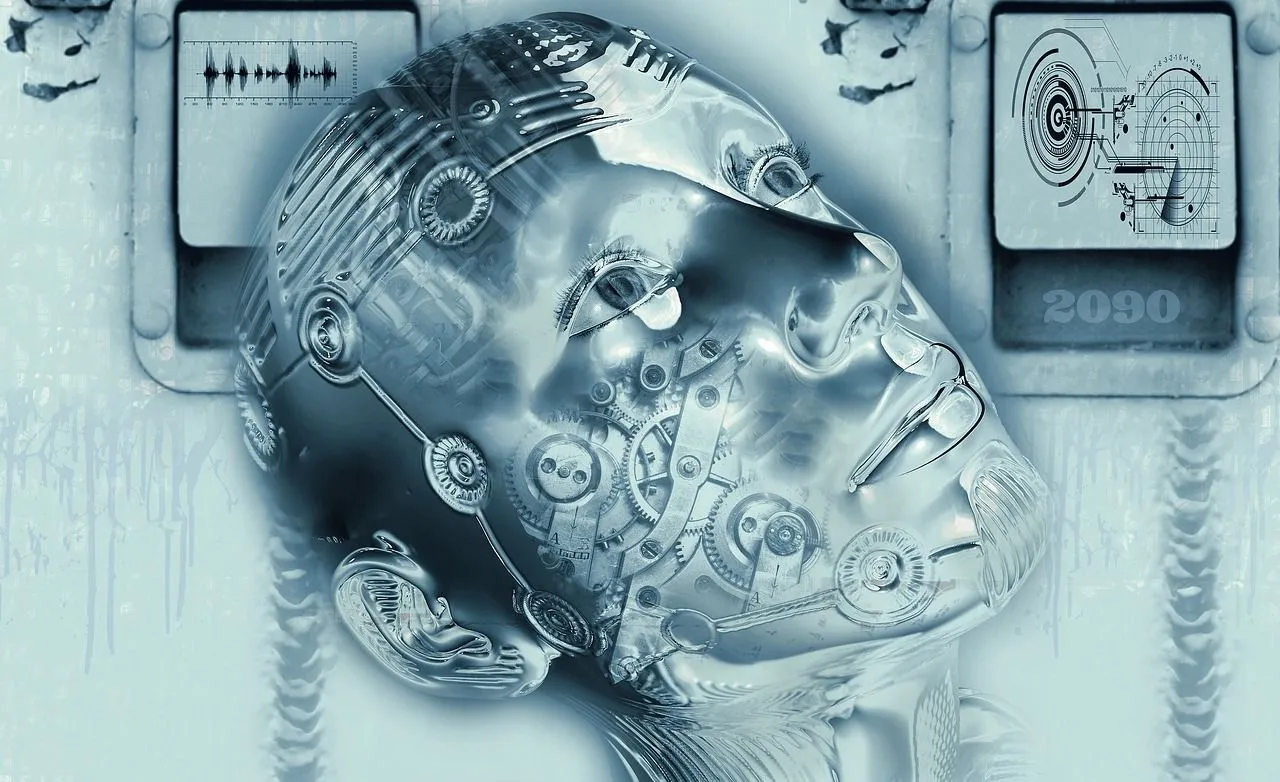
If you like to read even a little bit about the tech world, you probably are already aware of the strange, sci-fi like future that awaits us, where robots will walk among us as we walk among ourselves.
The recent exponential advancements in robotics and especially artificial intelligence (AI) has made it clear that the future is one with intelligent machines in it. The software side of things is much more advanced right now but the hardware side is catching up fast too.
In fact, Google’s Ray Kurzweil, believes that the singularity will occur by 2045 where AI surpasses human intelligence. Robots equipped with such intelligence could be inevitable and therefore, it is more important now than ever, that we try to answer some of the biggest questions relating to them.
Because let’s face it, evil machines taking over is no more a joke. It could very well be a reality we all could live in (or die in). I am not saying that it will go down like that but it could go either way and we need to be prepared for every scenario.
It Could Go Either Way

When anything has the ability to think for itself, it begins forming its own ideologies and conclusions about even the tiniest of things. We humans start doing it right from our childhood.
Imagine an artificially intelligent robot getting the ability to do the same. What kind of conclusions about the world it would derive is anybody’s guess. It could turn out to be a friendly one for us or an evil one depending on how it sees our species.
I think much of the fear of robots taking over stems from the fact that no matter how intelligent they may get, they still aren’t ‘alive’ and they simply can’t ‘feel’ anything! This makes them appear as cold and unforgiving.
Therefore, one could think that maybe changing that aspect about them could humanise them more and could help them understand humanity and its actions better. Feelings of love, anger, hate seem impossible to ‘give’ to robots right now but pain, a fundamental feeling, is certainly possible to code in and scientists are trying to answer if we should give robots the ability to feel pain.
The Purpose of Pain

Nobody likes the sensation of pain and yet it serves a great purpose in our lives. Whether it be physical pain or emotional one, it tells the brain that there is something wrong and it needs fixing.
The objective of giving robots the ability to feel pain (in terms of overflow of signals to its processors in response to a stimuli), is multifold and it is important to understand all of them.
First, it will help them protect themselves in various situations where there is danger, just as humans do. With more robots working for us and along side us, this will be important.
Second, the ability to feel pain (in their own way) could evolve into empathy for humans as they “understand” how it feels for us. This will greatly humanise them and steer them away from the cold, logical machines that are often portrayed as threats to humanity. In fact, this could even drive them to protect humans just as how we protect other humans.
But, Isn’t It Cruel?

Just think about this for a second. There is something that doesn’t and cannot experience pain on its own and if you had the choice to give it the ability to feel pain (suffer), would you want to do it?
In a way, that equates to cruelty. Sure, pain serves a purpose in protecting our own life but the suffering can sometimes be too unbearable (physical or emotional) and if I had the choice to let someone (or even something) experience it, I certainly wouldn’t do so.
Yes, it can be argued that robots are not really living beings and they are not really ‘feeling’ pain, it’s rather just code that makes them think they are feeling it. But doesn’t our pain mechanism work the same way?
In any case, these kind of questions are not just thought experiments anymore as we are fast moving into a future where these will have real life implications and the decisions that we take today, could determine future events.